EUROs are getting closer as Germany gears up!
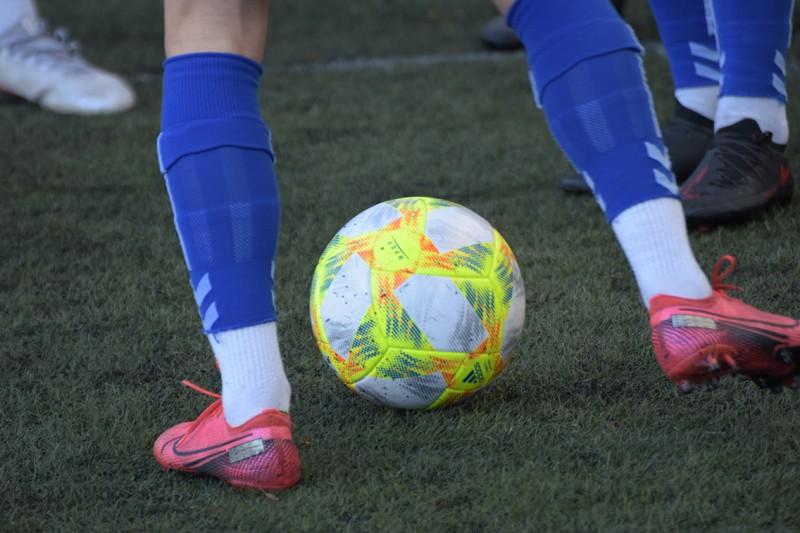
Following a UEFA Executive Committee meeting in Nyon on September 27, 2018, Germany was selected to host the 17th edition of the UEFA European Championship and will play host to EURO 2024.
1 year ago
The only other country to submit a proposal to host UEFA EURO 2024 was Turkey. This will be the first UEFA European Championship to be held in Germany since reunification; West Germany hosted the 1988 tournament. The nation hosted the FIFA World Cup in 2006.
The Düsseldorf Arena and nine 2006 World Cup stadiums are among the ten locations selected to host tournament matches.
The Munich Football Arena will host matches for the second consecutive EURO, a unique experience.
The final tournament of UEFA EURO 2024 is between June 14 and July 14, 2024.
On Saturday, December 2, in Hamburg, the draw will take place. Germany is the host country and is ranked first in Group A; as such, they will play in the opening game on Friday, June 14, at the Munich Football Arena.
UEFA Euro 2024 tickets were sold to the general public from October 3 to October 26. A maximum of four tickets per match and only one ticket per day were available to applicants. Tickets will be distributed through an impartial and open lottery.
Those whose UEFA Euro 2024 tickets applications were not accepted during the October 2023 phase will receive notifications on new ticket availability based on their lottery rating, which may arise from other fans' unsuccessful payments, among other reasons. The first-come, first-served policy will apply to the sale of these tickets.
Additionally, after the final tournament draw on December 2 of this year, one million tickets will be made available to supporters of the participating clubs in close collaboration with the relevant national organizations.
Supporters of the national teams that advance through the UEFA EURO 2024 play-offs, set for March 21 and 26, 2024, will also be able to purchase UEFA Euro 2024 tickets reserved in advance.
Germany has qualified for the finals as the hosts, guaranteeing the country's representation at the tournament for a record 14 times in a row. Since 1972, Germany and West Germany have participated in every EURO. West Germany won the competition in 1972 and 1980, and the unified Germany took first place at EURO '96.
There are still 23 finals slots available, which play-offs will fill in March 2024, and the European Qualifiers, which take place from March to November 2023.
Teams have been divided into ten groups of five or six, including the four teams that will compete in the UEFA Nations League Finals. Round-robin play is used for home and away matches, with the top two finishers in each group moving on to the championship match. The 12 teams chosen based on their performance in the 2022–2023 Nations League will compete in the play-offs to determine the last three teams.
The exact format as UEFA EURO 2020 will be used. The top four finishers in each of the six final tournament groups, as well as the top four third-place finishers, advance to the round of 16.
Luis Suárez, one of the greatest football players ever, won European titles with Inter and Spain. UEFA.com honors the 88-year-old player after his passing.
One of the most accomplished players in the sport's history, Luis Suárez Miramontes, was dubbed "the architect" by Alfredo Di Stéfano. He won league crowns in Spain and Italy, two European Champion Clubs' Cups, the UEFA European Championship, and the Ballon d'Or.
Having practiced with balls made of fabric on the streets of A Coruna, Suárez made his Deportivo La Coruña debut in 1953 at 18. His tenure on the local squad was short-lived, as he found it difficult to establish himself against more experienced and resilient players.
The aggressive midfielder, who came into his own when Helenio Herrera arrived at the Camp Nou in 1958, was gambled on by Barcelona. Even though the Argentine coach was known for his difficult temperament, he was immediately won over by Suárez, referring to him as "a great organizer of teams" who "lived an exemplary life."
In a team full of attacking skill that included László Kubala, Evaristo de Macedo, Justo Tejada, Zoltán Czibor, and Sándor Kocsis, the Galician enjoyed the prominence Herrera afforded him. Barcelona flourished, taking home the 1959 league and cup double, as well as the league title the following year. Suárez was the first and, to date, the only man of Spanish descent to win the Ballon d'Or in 1960.
Barcelona took a chance on the energetic midfield player, who indeed came into his own when Helenio Herrera joined at Camp Nou in 1958. Despite the Argentine coach's reputation for having a stern demeanor, Suárez won him over right away, calling him "a great organizer of teams" who "lived an exemplary life."
The Galician relished the importance Herrera gave him in a team entire of attacking talent that included László Kubala, Evaristo de Macedo, Justo Tejada, Zoltán Czibor, and Sándor Kocsis. Barcelona prospered, winning the title the following year and the 1959 league and cup double. Suárez was the first guy of Spanish heritage to win the Ballon d'Or in 1960 and remains the only one.
"I don't think I would have ever agreed to leave Spain if it was not for Herrera," said Suárez. "He was much in advance of his period. We were twice as exhausted from his intense training sessions even though they were half the length of other teams'."
It was a reciprocal emotion. "To build a great Inter side, I needed a great midfielder, and Suárez was the best," stated Herrera. In 1963, Inter won their first Serie A title in nine years thanks to Suárez's final piece in Herrera's jigsaw. The following year, they won the European Cup, defeating Real Madrid 3-1 in the final.
Suárez reflected on the Vienna final versus Real Madrid a few years ago, saying, "For several reasons, it's my best memory." Only then did we realize what a fantastic team we were? We had triumphed over an incredible team that had dominated football in Europe. As a former player for Barcelona, I felt doubly satisfied. I will never forget the joy that filled our president Angelo Moratti's eyes following our victory in Vienna. Should I be an artist and have to depict "bliss," I would endeavor to mimic those eyes."
Suárez, however, was not content to dominate Europe with his club; the same summer, he assisted Spain in winning the UEFA European Championship on home ground.
At 29, he was the most experienced player in the country and led a young team to victory against the Soviet Union in the final and Hungary in the semi-finals.
In 1965, Inter won the European Cup again, defeating Benfica. The Nerazzurri advanced to the championship game once more in 1967, but Suárez was sidelined by injury and did not participate in Celtic's loss.
After finishing his playing career at Sampdoria, Suárez took three coaching stints back at Inter. Suárez was always more at ease on the field, even though he coached for two decades. He also led Spain at the FIFA World Cup in 1990. "I didn't go very far as a coach; I was better as a player," he said.
Suárez still resides in Milan and has no regrets about traveling 54 years ago from Spain to Italy, even though he is honored with a plaque in A Coruna. "I fancied the challenge of seeing if I could achieve something away from home," he stated. "I moved from a massive team in Barcelona to Inter, who were not very well-known in Europe then. It was fantastic since we improved Inter as a team and took home numerous medals."
With so many more legends on show at the competition next year, UEFA Euro 2024 tickets are selling out super quickly with each new batch; trusted resellers can help you source authentic UEFA Euro 2024 tickets now.
The Düsseldorf Arena and nine 2006 World Cup stadiums are among the ten locations selected to host tournament matches.
The Munich Football Arena will host matches for the second consecutive EURO, a unique experience.
The final tournament of UEFA EURO 2024 is between June 14 and July 14, 2024.
On Saturday, December 2, in Hamburg, the draw will take place. Germany is the host country and is ranked first in Group A; as such, they will play in the opening game on Friday, June 14, at the Munich Football Arena.
UEFA Euro 2024 tickets were sold to the general public from October 3 to October 26. A maximum of four tickets per match and only one ticket per day were available to applicants. Tickets will be distributed through an impartial and open lottery.
Those whose UEFA Euro 2024 tickets applications were not accepted during the October 2023 phase will receive notifications on new ticket availability based on their lottery rating, which may arise from other fans' unsuccessful payments, among other reasons. The first-come, first-served policy will apply to the sale of these tickets.
Additionally, after the final tournament draw on December 2 of this year, one million tickets will be made available to supporters of the participating clubs in close collaboration with the relevant national organizations.
Supporters of the national teams that advance through the UEFA EURO 2024 play-offs, set for March 21 and 26, 2024, will also be able to purchase UEFA Euro 2024 tickets reserved in advance.
Germany has qualified for the finals as the hosts, guaranteeing the country's representation at the tournament for a record 14 times in a row. Since 1972, Germany and West Germany have participated in every EURO. West Germany won the competition in 1972 and 1980, and the unified Germany took first place at EURO '96.
There are still 23 finals slots available, which play-offs will fill in March 2024, and the European Qualifiers, which take place from March to November 2023.
Teams have been divided into ten groups of five or six, including the four teams that will compete in the UEFA Nations League Finals. Round-robin play is used for home and away matches, with the top two finishers in each group moving on to the championship match. The 12 teams chosen based on their performance in the 2022–2023 Nations League will compete in the play-offs to determine the last three teams.
The exact format as UEFA EURO 2020 will be used. The top four finishers in each of the six final tournament groups, as well as the top four third-place finishers, advance to the round of 16.
Luis Suárez, one of the greatest football players ever, won European titles with Inter and Spain. UEFA.com honors the 88-year-old player after his passing.
One of the most accomplished players in the sport's history, Luis Suárez Miramontes, was dubbed "the architect" by Alfredo Di Stéfano. He won league crowns in Spain and Italy, two European Champion Clubs' Cups, the UEFA European Championship, and the Ballon d'Or.
Having practiced with balls made of fabric on the streets of A Coruna, Suárez made his Deportivo La Coruña debut in 1953 at 18. His tenure on the local squad was short-lived, as he found it difficult to establish himself against more experienced and resilient players.
The aggressive midfielder, who came into his own when Helenio Herrera arrived at the Camp Nou in 1958, was gambled on by Barcelona. Even though the Argentine coach was known for his difficult temperament, he was immediately won over by Suárez, referring to him as "a great organizer of teams" who "lived an exemplary life."
In a team full of attacking skill that included László Kubala, Evaristo de Macedo, Justo Tejada, Zoltán Czibor, and Sándor Kocsis, the Galician enjoyed the prominence Herrera afforded him. Barcelona flourished, taking home the 1959 league and cup double, as well as the league title the following year. Suárez was the first and, to date, the only man of Spanish descent to win the Ballon d'Or in 1960.
Barcelona took a chance on the energetic midfield player, who indeed came into his own when Helenio Herrera joined at Camp Nou in 1958. Despite the Argentine coach's reputation for having a stern demeanor, Suárez won him over right away, calling him "a great organizer of teams" who "lived an exemplary life."
The Galician relished the importance Herrera gave him in a team entire of attacking talent that included László Kubala, Evaristo de Macedo, Justo Tejada, Zoltán Czibor, and Sándor Kocsis. Barcelona prospered, winning the title the following year and the 1959 league and cup double. Suárez was the first guy of Spanish heritage to win the Ballon d'Or in 1960 and remains the only one.
"I don't think I would have ever agreed to leave Spain if it was not for Herrera," said Suárez. "He was much in advance of his period. We were twice as exhausted from his intense training sessions even though they were half the length of other teams'."
It was a reciprocal emotion. "To build a great Inter side, I needed a great midfielder, and Suárez was the best," stated Herrera. In 1963, Inter won their first Serie A title in nine years thanks to Suárez's final piece in Herrera's jigsaw. The following year, they won the European Cup, defeating Real Madrid 3-1 in the final.
Suárez reflected on the Vienna final versus Real Madrid a few years ago, saying, "For several reasons, it's my best memory." Only then did we realize what a fantastic team we were? We had triumphed over an incredible team that had dominated football in Europe. As a former player for Barcelona, I felt doubly satisfied. I will never forget the joy that filled our president Angelo Moratti's eyes following our victory in Vienna. Should I be an artist and have to depict "bliss," I would endeavor to mimic those eyes."
Suárez, however, was not content to dominate Europe with his club; the same summer, he assisted Spain in winning the UEFA European Championship on home ground.
At 29, he was the most experienced player in the country and led a young team to victory against the Soviet Union in the final and Hungary in the semi-finals.
In 1965, Inter won the European Cup again, defeating Benfica. The Nerazzurri advanced to the championship game once more in 1967, but Suárez was sidelined by injury and did not participate in Celtic's loss.
After finishing his playing career at Sampdoria, Suárez took three coaching stints back at Inter. Suárez was always more at ease on the field, even though he coached for two decades. He also led Spain at the FIFA World Cup in 1990. "I didn't go very far as a coach; I was better as a player," he said.
Suárez still resides in Milan and has no regrets about traveling 54 years ago from Spain to Italy, even though he is honored with a plaque in A Coruna. "I fancied the challenge of seeing if I could achieve something away from home," he stated. "I moved from a massive team in Barcelona to Inter, who were not very well-known in Europe then. It was fantastic since we improved Inter as a team and took home numerous medals."
With so many more legends on show at the competition next year, UEFA Euro 2024 tickets are selling out super quickly with each new batch; trusted resellers can help you source authentic UEFA Euro 2024 tickets now.

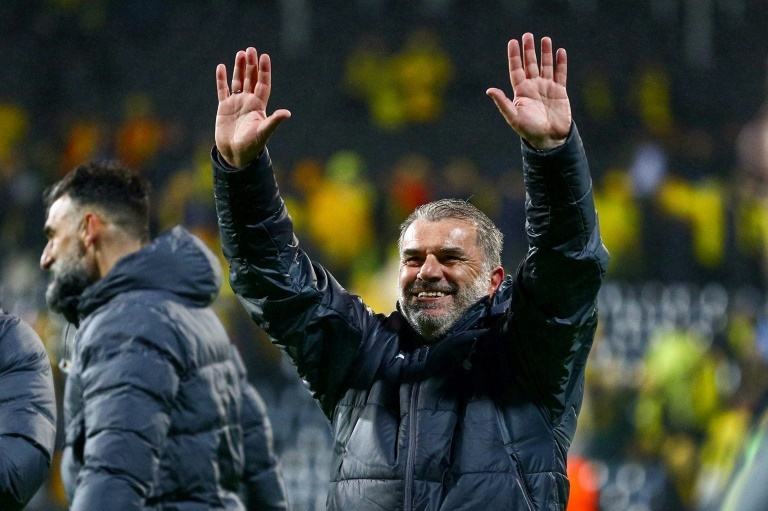
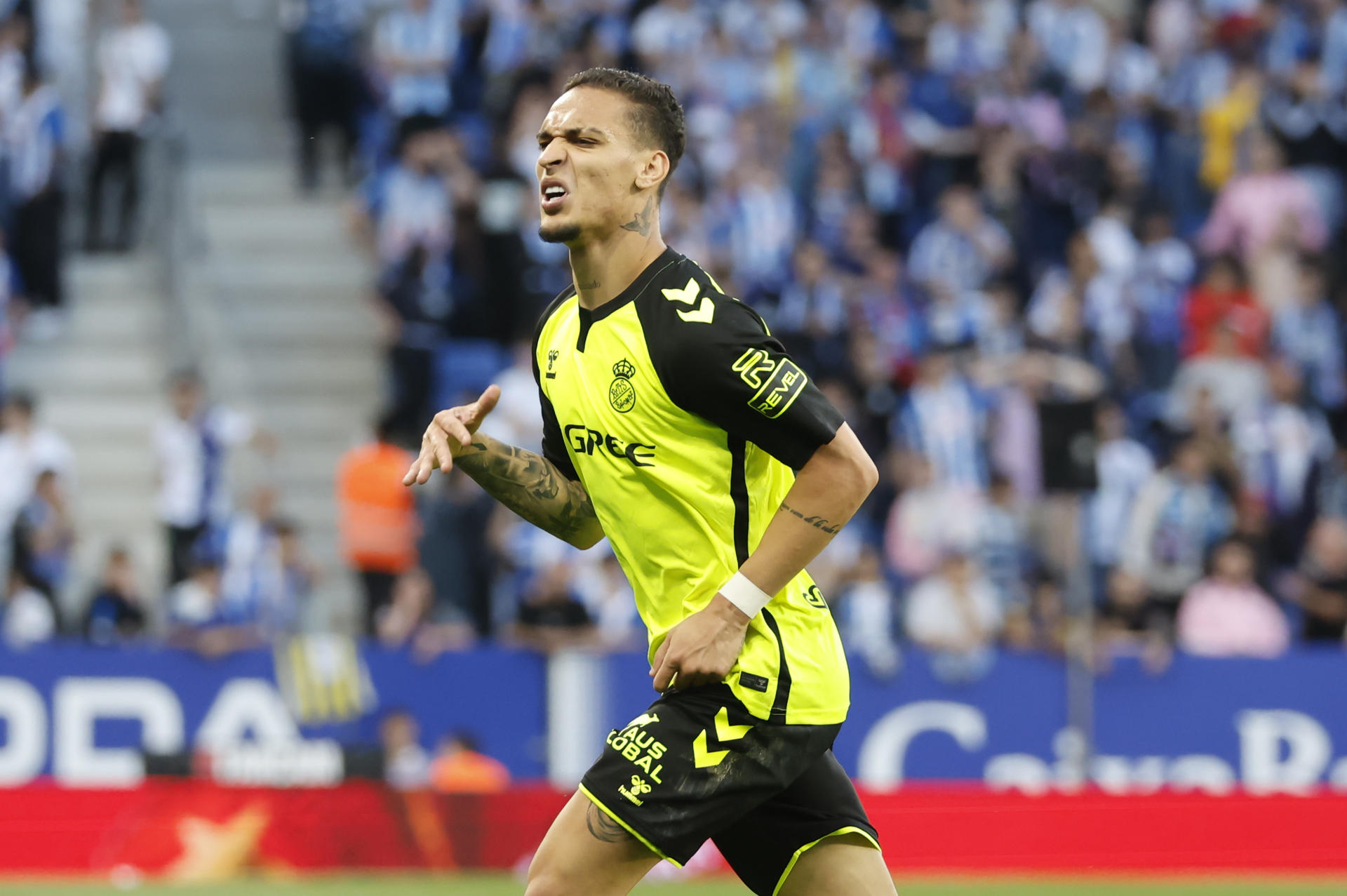
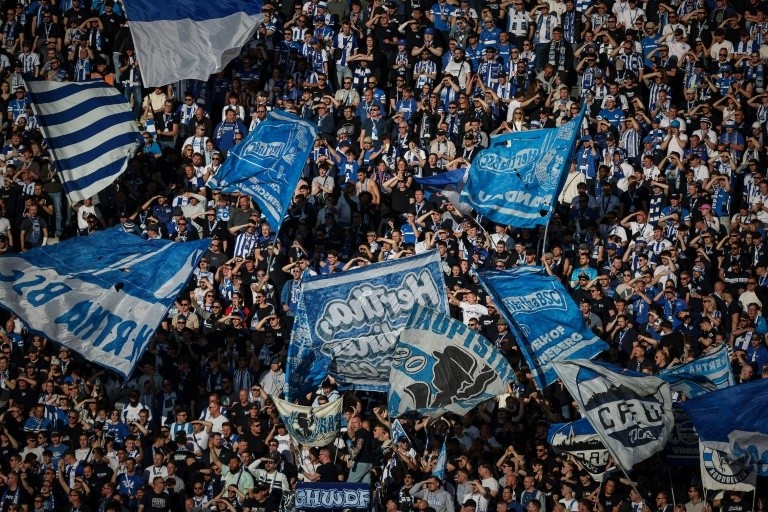
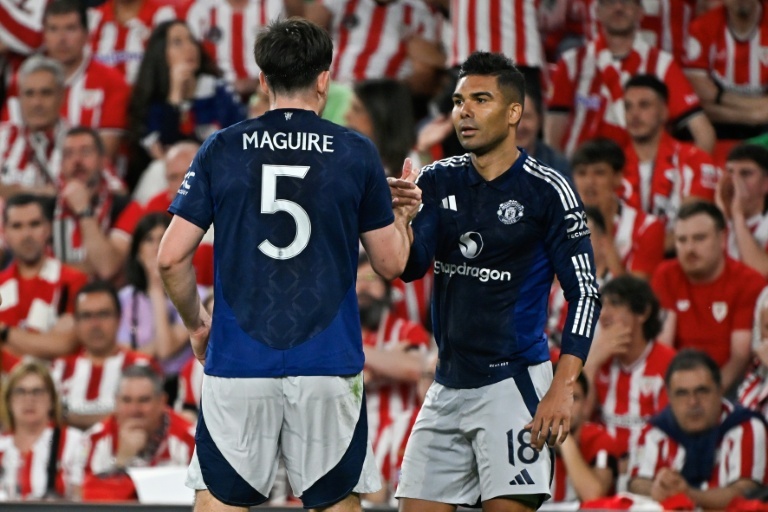
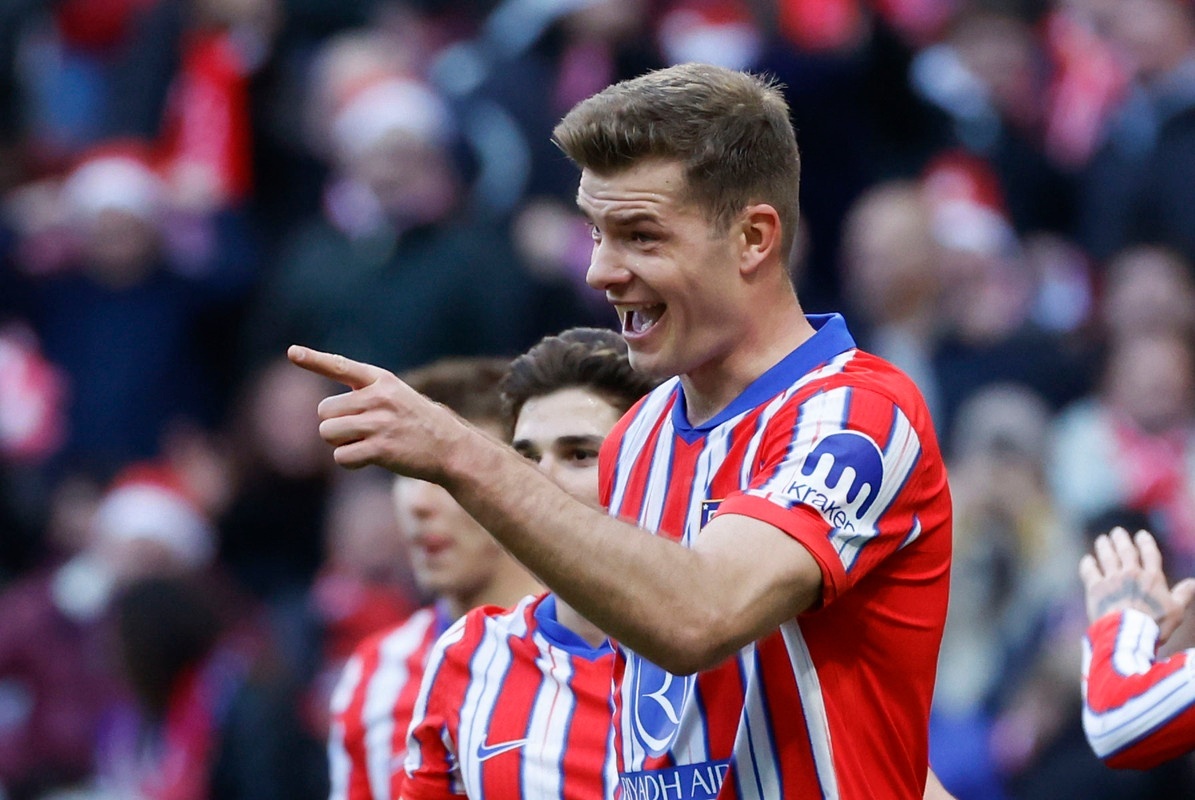
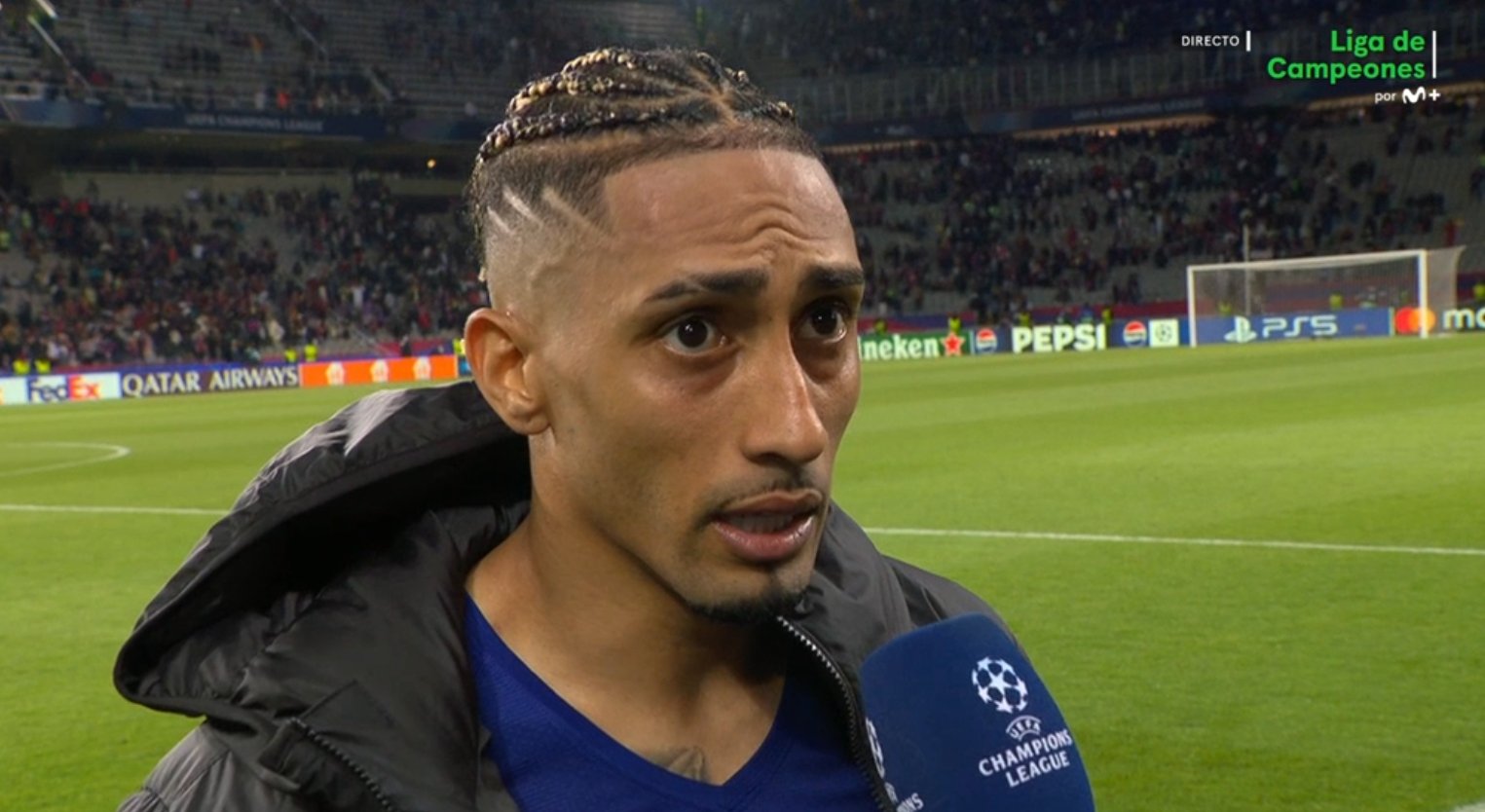
Comments